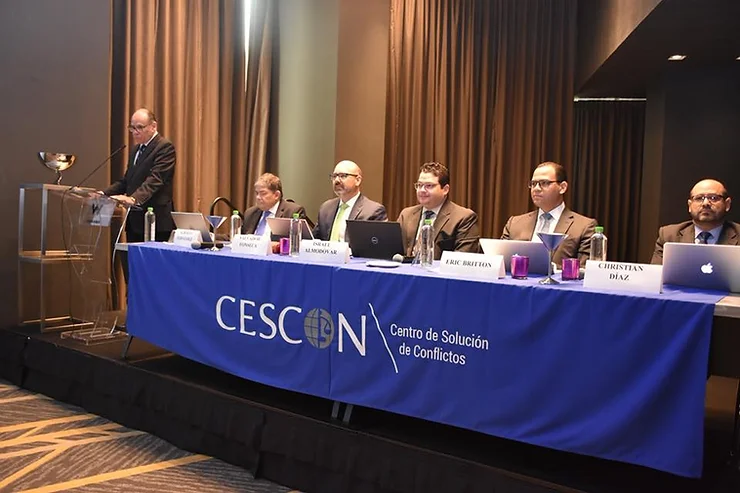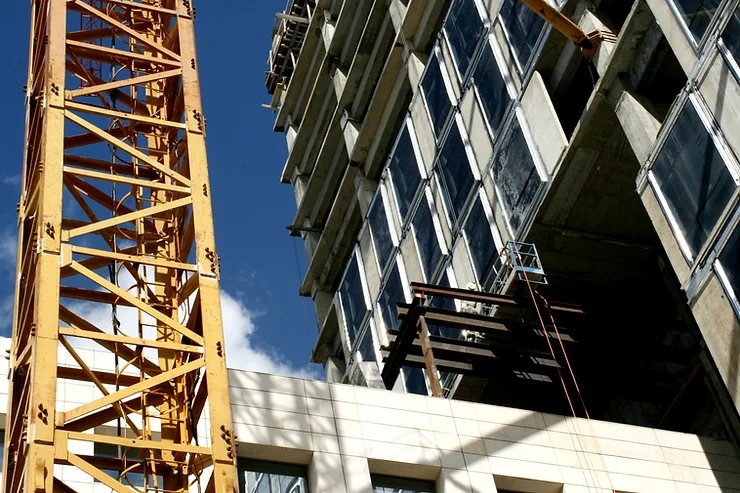Graciela Dixon, was born in 1955 in the city of Colón in Panama, at the same time in the united States rose the civil rights movement and Rosa Parks refused to get up from your seat on a public bus for transferring it to a passenger of the white race.
Although it would be thousands of miles away, those facts were of critical importance in your life. His own great-great-grandma was a slave in Grenada, and his grandfather, a victim of segregation.
“My grandfather came to Panama to work on the construction of the canal at the beginning of the last century. This lord, who had been born in the late 1800s travels and is incorporated as a worker and participate until the end of the work,” says Graciela.
Workers afroantillanos were the labor force is more important in the construction of the canal. Many workers were hired with the promise of returning to their country, but few returned. Because of the color of their skin, were discriminated against while doing their job.
In Panama, established a system of racial segregation as the situation that prevailed in the southern united States and to the workers of african descent, they were paid less than whites and they lived completely separate.
“To my childhood as the segregation had been formally abolished, however, there were still some vestiges of that, and my grandfather passed on to me everything that was your experience and the experience of childhood, and his expertise and experience in Panama under that regime which came to be known as the Gold Roll and Silver Roll. It was the regime in which black workers migrants and non-white, had a lower salary, and not supported, and lived in substandard condition where it's not covering your needs. In addition, two of his sons, my uncles were not able to go to local schools, because they were black, because they were children of an immigrant west indian”.
The Silver Roll was the category defined for workers in the channel whose skin color was meant to be excluded from hotels, restaurants, schools and clubs reserved for white americans, and have to make a special row in the e-mail and other dependencies. The Gold Roll had all kinds of benefits, and in addition may be represented by unions.
“The people who led the process of construction of the Panama canal were mostly...
Read the full article here: https://news.un.org/es/interview/2018/03/1430101





